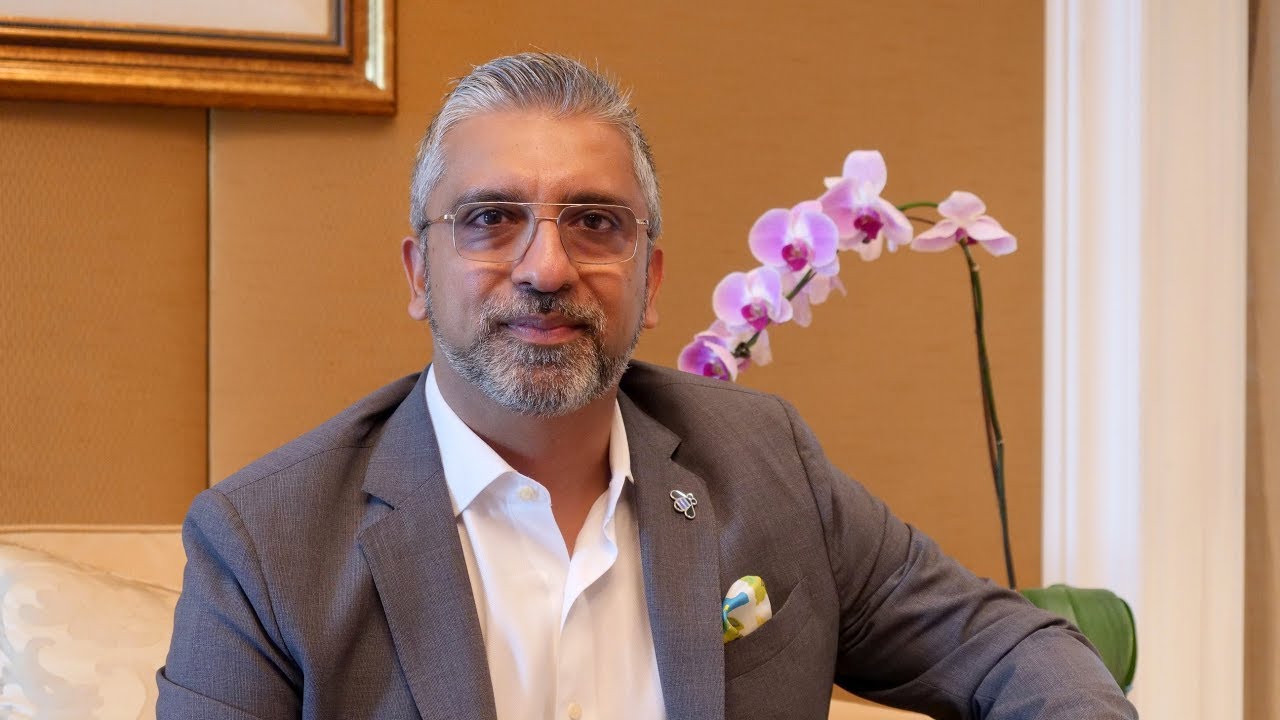A strategist is a person skilled in planning action or policy. Every member of the executive team is expected to come to the table as strategist. One role, above all else, is expected to be responder, challenger, architect and transformer.
According to Deloitte, to be an effective strategist, the chief finance officer needs to demonstrate an ability to move between roles. The CFO must be able to select “a strategy orientation that is appropriate to the context of the company and level of permission granted by the CEO.”
The challenge is made more complicated by the need to reorient themselves to changing organization situations and contexts.
Initially, this generally requires three things: knowing the businesses, generating valuable strategy ideas and opportunities, and having a finance organization that delivers the basic finance and accounting processes consistently without errors.
Arguably having access to the right information or data is crucial to helping formulate the right strategy that the situation calls for. However, the hyperdynamic market of the digital era has also meant that access to data alone is no predicator to success – at all levels of the organisation, including the CFO.
“CFOs are challenged with turning the numbers into something meaningful. You need to be able to derive insights and deliver information to the rest of the organization. The integrity, flexibility, and speed of that information enable your management and staff to more effectively manage the business,” said Chris Pass, CFO, John Muir Health.
FutureCFO spoke to Neeraj Manik, managing partner, Cognitive Process Re-engineering and Services, IBM Asia-Pacific, on one area that has increasingly become the subject of strategic discussion inside the Board, on the Executive Suite, and across the rank-and-file of many leading enterprises – artificial intelligence in the context of the finance function.
The discussion with FutureCFO focused started with intelligent workflow and moved across a broad spectrum of best practices and technologies that will enable finance to become the strategic advisor to the CEO and the business.
Reinventing finance
Decades of mergers and acquisitions, disparate legacy systems and processes, and siloed operations have banded together to make all-of-enterprise strategic thinking and planning challenging to realize.
“Finance needs to elevate its role to become a trusted advisor to the business, manage risk, manage the changes in the regulatory environment, manage the new emerging business models – all in a seamless manner. The CFO, and finance, need to move out of being an aggregator of data, and become the strategic advisor to the business,” said Manik.
New ways of working in finance
“When we think about new ways of working and its impact on critical functions like finance, there are several elements of culture, of innovation that are linked to how the talent in the organization is trained up to use exponential [emerging] technologies,” said Manik.
“It is becoming more and more critical to driving continuous innovation. So reskilling/rescaling the talent and acquiring talent with new skills is becoming very important. It goes beyond technology. It goes beyond intelligent workflows,” he continued.




